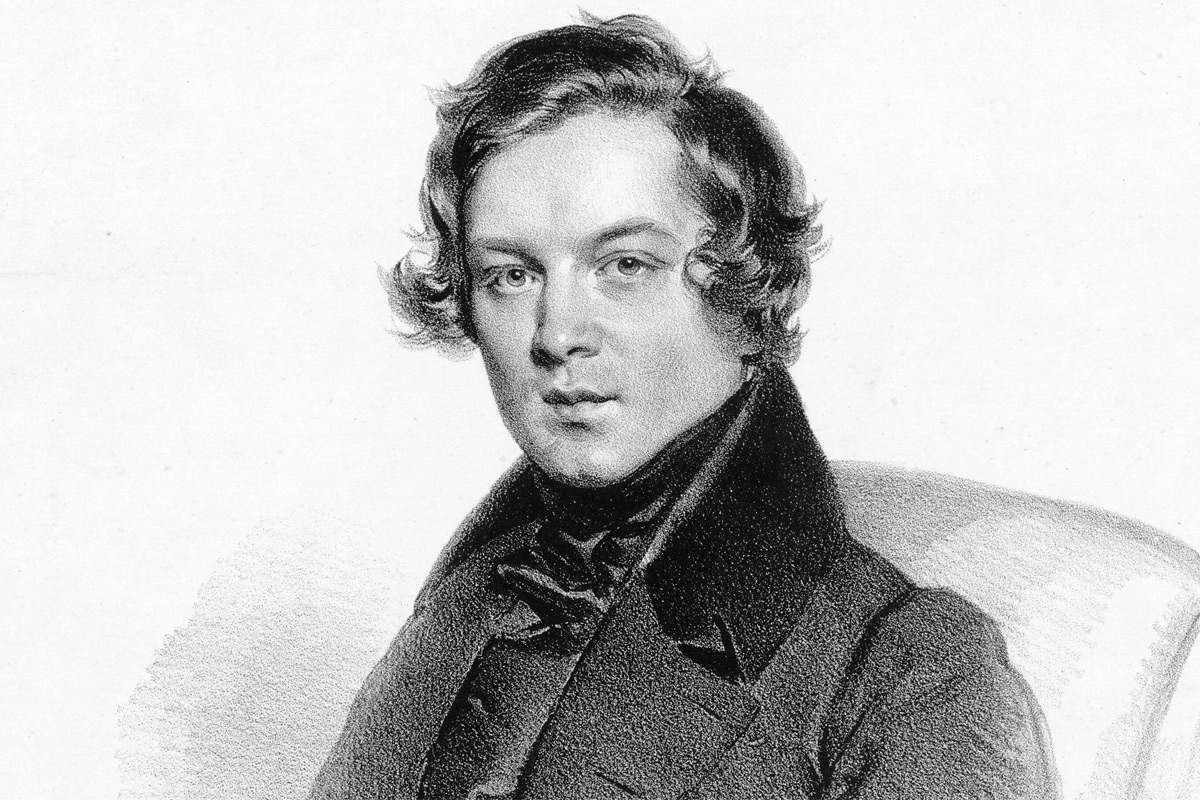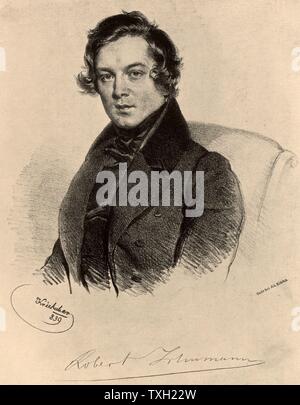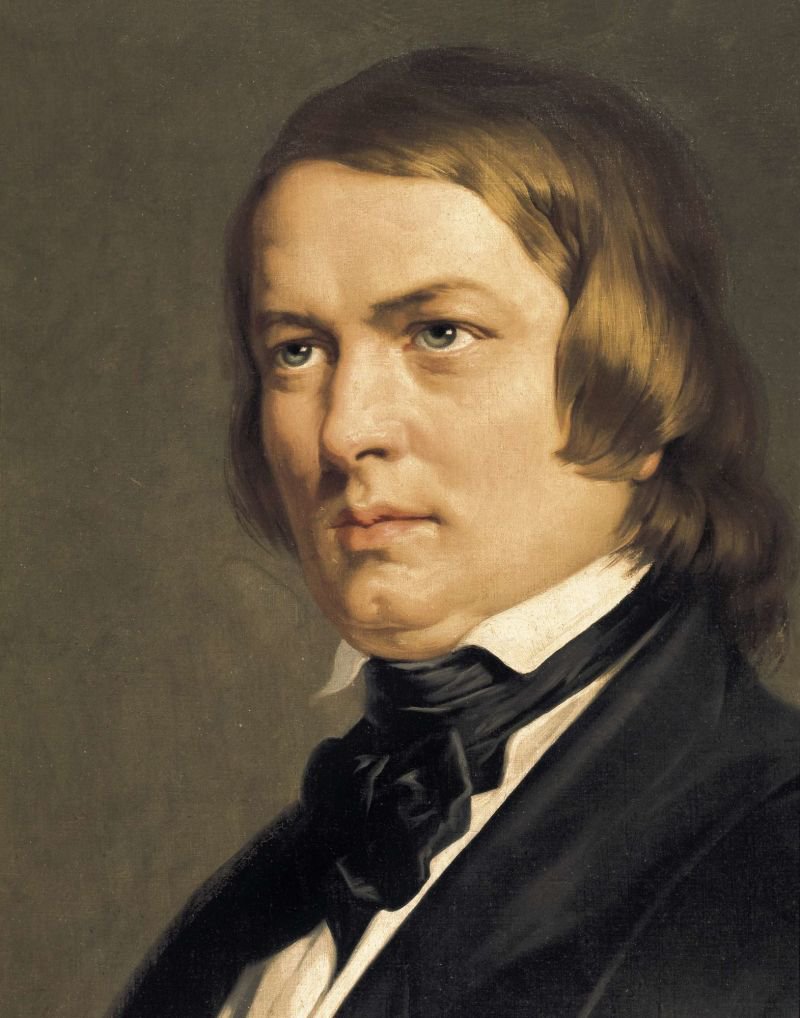

Clara spent a lot of time performing his compositions and trying to make sure that he got the recognition she felt he deserved as a composer. He was often sad and sick and spent the last years of his life in a hospital. Schumanns published compositions were all for the piano until 1840 he later composed works for piano and orchestra, many lieder (songs for voice and piano), four symphonies, an opera, and other orchestral, choral and chamber works.

It was during this time when Schumann considered composing an opera on the subject of ‘Hamlet’. Robert Schumann was a complicated person. He began to study music theory under Heinrich Dorn, a German composer who was six years senior to him and, at that time, was the conductor of the Leipzig opera. He then solely devoted himself to composition. Robert Schumann was a German composer of the Romantic period famed for his concertos, symphonies, chamber works, lieder, and piano music. Though the actual cause behind the injury is vague, but it is true that it shattered Schumann’s piano aspirations and consequently had to abandon his ideas of a concert career. While some other evidences suggest that the injury was basically a side effect of syphilis medication, which later claimed his sanity. For his other compositions, see List of compositions by Robert Schumann.
ROBERT SCHUMANN COMPOSITIONS SERIES
One opinion is that he damaged his finger by the use of a mechanical device designed to strengthen the weakest fingers. This is a list of piano compositions by Robert Schumann for piano solo and piano duet. Dover Publications continues its series of playing editions of musical masterpieces with this selection of Robert Schumann's later compositions for solo piano, edited by Clara Schumann. Poems, artistic prose, drafts and musical compositions stood side by side on an equal footing at a young age. During his studies with Wieck, Schumann permanently injured his right hand. Robert Schumann had a literary-musical double talent. In middle age, suffering the effects of tertiary. As a young man, he fought to marry the pianist he had fallen in love with, finally taking his future father-in-law to court, and championed the work of other composers.

By the year 1830, Schumann was back in Leipzig and started taking piano lessons from the famous music teacher Frederich Wieck, who assured him that after a few years’ of study, he would be a successful concert pianist. The originality of his work pushed at emotional, structural and philosophical boundaries. Schumann’s idealist vision of the beauty within music and poetry made him an outcast within the social scene, yet still remained a potent theme in most of his compositions that managed to gain wide audiences.


 0 kommentar(er)
0 kommentar(er)
